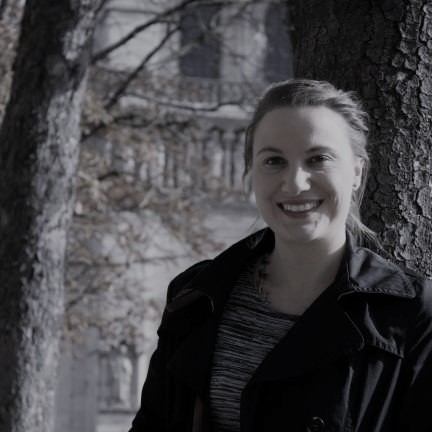
Dr. Lena Rose: Asylum Adjudications
In the new article by Dr. Lena Rose, she provides an overview of asylum decisions based on religious conversion, and also highlights the tensions between religion, culture, and power.
Among recent forced migrations, asylum claims on the basis of fear of religious persecution following a religious conversion are frequent. In these asylum adjudications, decision-makers employed by secular states usually have to assess the genuineness of the respective conversion, and the risks of practicing the religion (or non-religion) in the country of origin of the applicant. The phenomenon of asylum adjudications based on religious conversion or de-conversion raises a number of important questions: For example, how can one adequately assess the genuineness of a religious conversion or de-conversion? Can, or should, this be the role of the secular state and its legal decision-makers? If so, how does the state decide which forms and practices of a particular religion or non-religion are “acceptable”? In particular, asylum processes in Europe that are based on conversion to Christianity (the author’s research area) highlight the tension between religion, culture, and power: they point to much broader debates regarding the way European legal authorities conceive of their own historically Christian identity, and the processes of inclusion and exclusion that result from it. This contribution provides an overview of the current state of research concerning asylum adjudications based on religious conversion in Europe, the United States, and other parts of the world. It examines recent primary research, assesses the contributions and directions of debates, and provides an outlook regarding future directions the research in this emerging field might take.
Asylum Adjudications on the Basis of Religious Conversion
